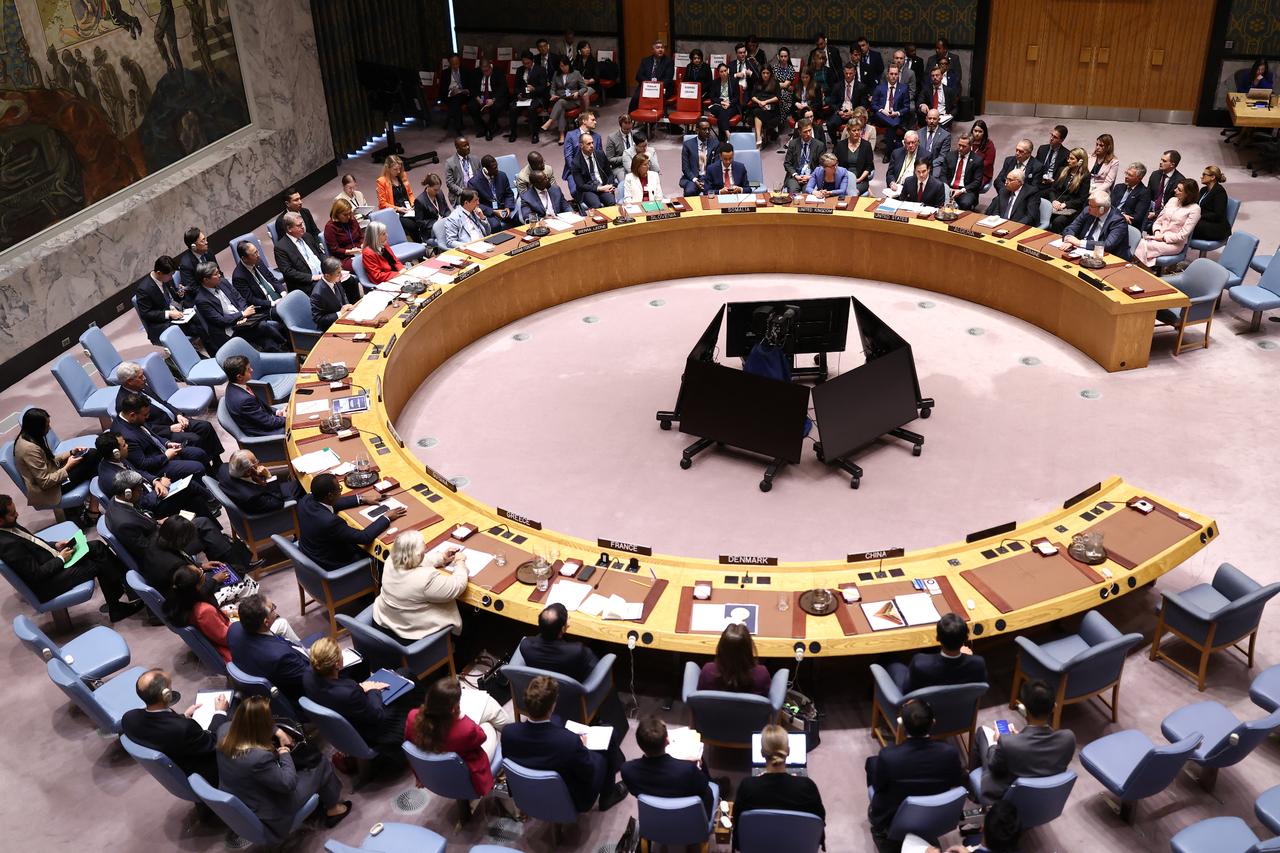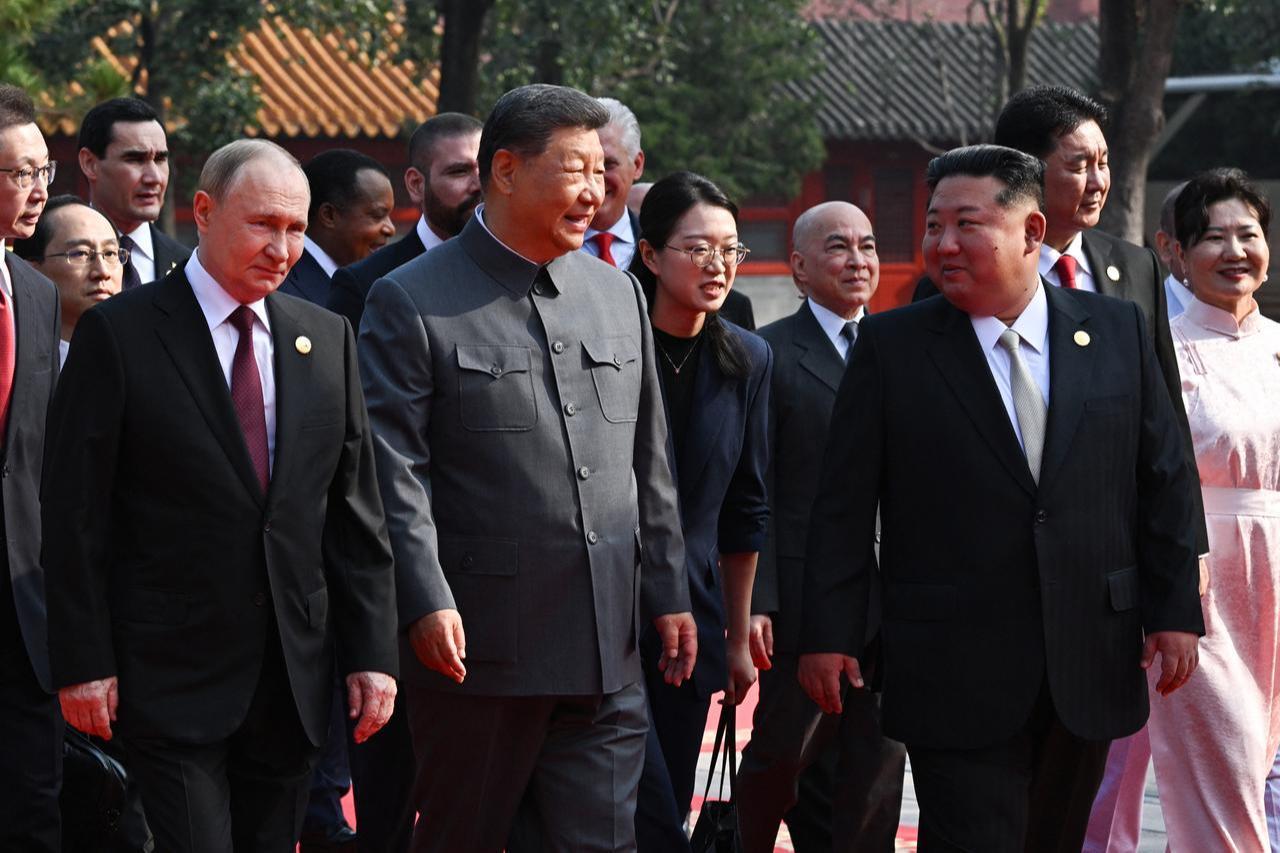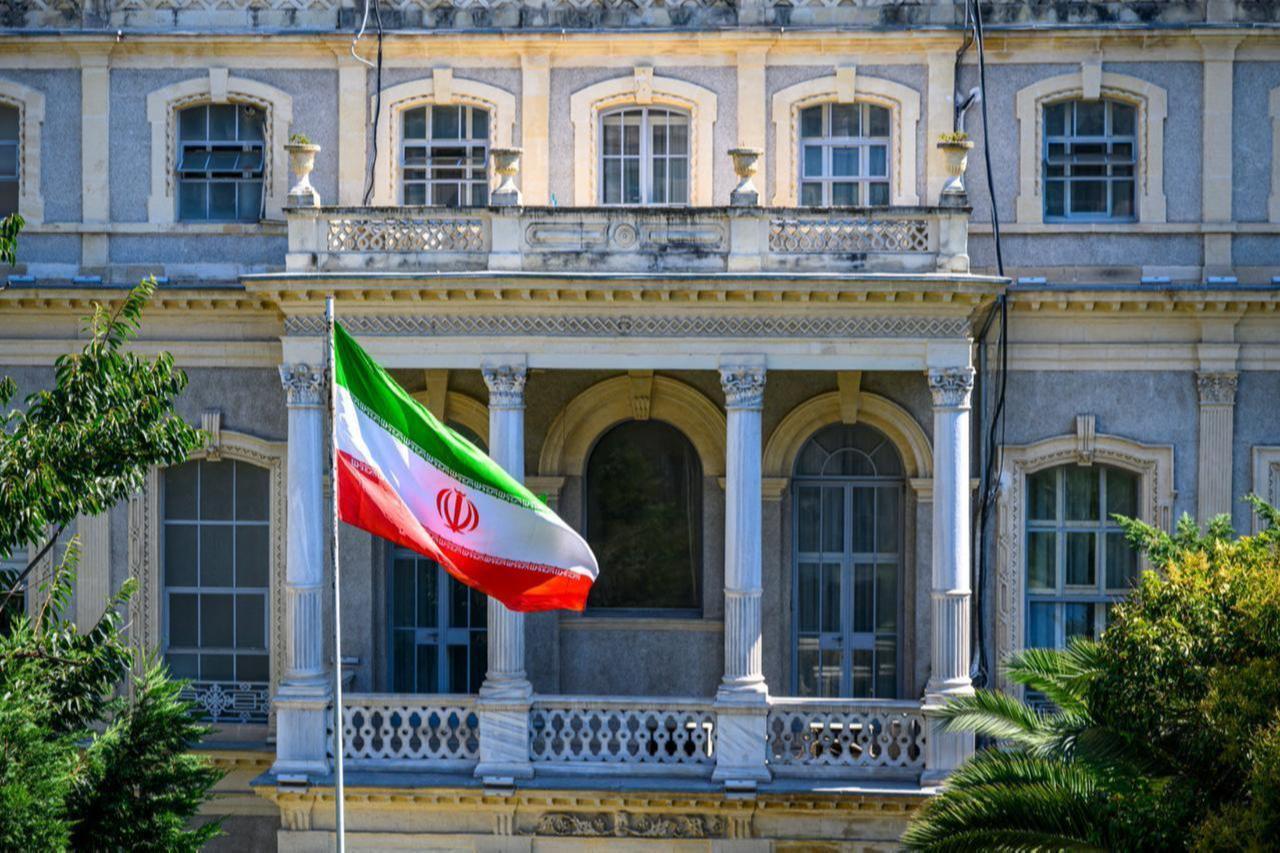
The UN Security Council on Friday overwhelmingly rejected a Russian and Chinese proposal to extend the 2015 Iran nuclear agreement for another year and delay the reimposition of international sanctions on Tehran.
The draft resolution, which would have extended the Joint Comprehensive Plan of Action until April 2026 and postponed sanctions scheduled to take effect September 28, failed decisively with nine votes against, four in favor and two abstentions.
Nine council members — including the United States, Britain, France, along with Denmark, Slovenia, Sierra Leone, Panama, Greece and Somalia — voted to block the measure.

Russia's deputy UN ambassador Dmitry Polyansky appealed to council members before the vote, saying the resolution "gives room for seeking an acceptable solution for all."
"This is a moment of truth for each member of the Security Council, and we hope that you colleagues will make the right choice," he said.
China's deputy UN envoy Geng Shuang emphasized the complexity of the situation, particularly citing recent US and Israeli strikes against Iran's nuclear facilities as factors that "further complicated the Iranian nuclear issue."
"The draft resolution is not about picking sides between Iran and the E3," he said, referring to Britain, France and Germany. The resolution aimed "to get more time for diplomatic efforts and create conditions for a political solution."

The vote comes as the so-called "snapback" mechanism approaches activation. On August 28, Britain, France and Germany — known as the E3 and signatories to the original 2015 nuclear agreement — triggered the process under UN Security Council Resolution 2231, which automatically restores sanctions in 30 days if Iran fails to meet its obligations.
Under the original pact, endorsed by the UN Security Council, Iran agreed to limit its uranium enrichment and allow international inspectors to verify that its nuclear program served only peaceful purposes.
Diplomatic tensions have escalated following recent military strikes by the US and Israel against Iranian nuclear facilities. In response, Tehran has halted cooperation with the UN nuclear watchdog, claiming that the International Atomic Energy Agency was biased against it.
Geng urged council members to "opt for a technical extension rather than reimposing sanctions, for dialogue and negotiation rather than division and confrontation," but the appeal failed to sway the majority of council members.